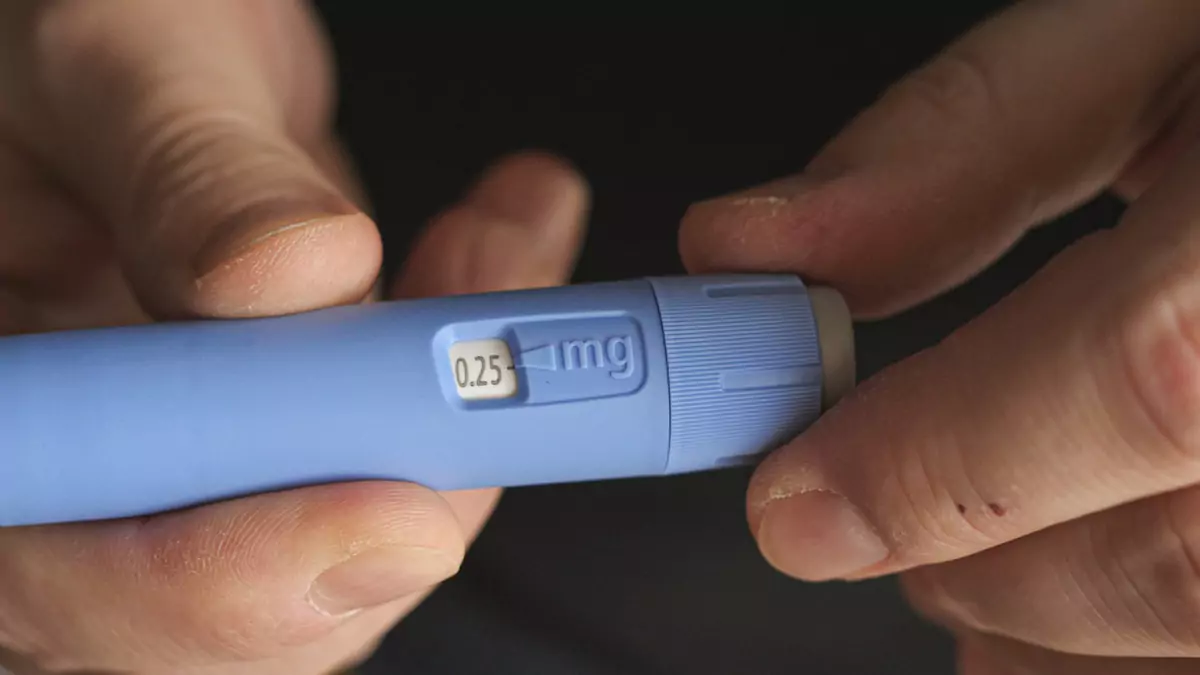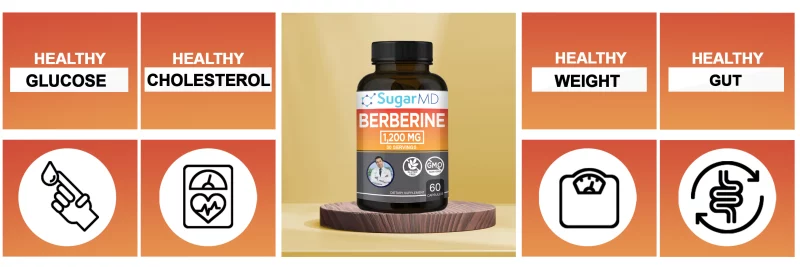
UP TO 40% OFF SITEWIDE






Can You Take Phentermine and Semaglutide Together?


Table of Contents
- The Science Behind Drug Interactions
- How Drug Interactions Occur
- Risks of Drug Interactions
- Importance of Consulting Healthcare Providers
- Real-world Examples of Dangerous Interactions
- Can You Take Phentermine and Semaglutide Together?
- Scientific Studies and Findings
- Potential Risks and Benefits
- Alternative Approaches
- Conclusion
- About The Author
Today, we're exploring a question that has intrigued many: "Can you take phentermine and semaglutide together?" This question is especially pertinent if you're someone managing multiple medications, as the wrong combination could result in significant health risks. Let's delve into the science of drug interactions and provide valuable insights for your medication management.
The Science Behind Drug Interactions
How Drug Interactions Occur
Understanding drug interactions starts with recognizing that medications don't function in isolation within your body. They engage with each other in various ways—be it at the cellular level, during absorption, or even while being eliminated from your system.
For example, one medication might affect the metabolism of another in the liver, altering the levels of that drug in your bloodstream. These interactions can either enhance or diminish the efficacy of the medications or even introduce unforeseen and potentially harmful side effects.
Risks of Drug Interactions
Being aware of the risks is essential. The outcomes can range from mild, such as increased drowsiness or nausea, to severe consequences like respiratory failure, internal bleeding, or organ damage. Older adults, often juggling multiple medications, are especially vulnerable.
Importance of Consulting Healthcare Providers
So, how can you mitigate these risks? The answer lies in consulting healthcare providers. Doctors and pharmacists possess the expertise to understand the intricate relationships between medications. Utilizing specialized databases and their know-how, they can anticipate potential issues.
If you're contemplating combining phentermine and semaglutide, consult your healthcare provider for personalized advice that considers your medical history, existing medications, and overall health.
Real-world Examples of Dangerous Interactions
To emphasize the importance of being cautious, consider these real-world examples. A classic case involves the interaction between blood thinners like warfarin and Vitamin K-rich foods, such as spinach. Consuming these foods can undermine the efficacy of the blood thinner, elevating the risk of blood clots.
Another example is the potentially lethal interaction between certain antidepressants and the common over-the-counter component, dextromethorphan, found in many cough syrups. This combination can result in serotonin syndrome, a condition marked by elevated serotonin levels in the brain, which could be fatal if not addressed promptly.
Can You Take Phentermine and Semaglutide Together?
Scientific Studies and Findings
Let's dive right in. The question of combining phentermine and semaglutide is complex, with scientific research providing valuable, albeit limited, insights. While extensive studies exist on drug interactions, the data on this specific combination remains scarce.
Some research indicates that merging medications affecting metabolism and hormone levels could result in unpredictable outcomes, from amplified side effects to reduced drug efficacy. However, it's crucial to acknowledge that these findings are not definitive and often call for further investigation.
What's the medical community's take? Practitioners generally recommend exercising caution when mixing medications, especially those with substantial physiological effects. To assess the safety of combining phentermine and semaglutide, doctors and pharmacists use drug interaction tools and clinical experience. The general opinion leans toward caution, advising separate administration and vigilant monitoring if both drugs are essential to your treatment regimen. The main takeaway? Consult your healthcare provider for tailored advice.
Potential Risks and Benefits
Considering the benefits and drawbacks is essential. Theoretically, taking phentermine and semaglutide together could enhance each drug's effects—phentermine for weight loss and semaglutide for type 2 diabetes management. Sounds promising, doesn't it? However, the potential risks might outweigh the gains. The combined use could induce severe side effects like heart palpitations or extreme fatigue and may lead to dire conditions like hypoglycemia. Furthermore, one drug might reduce the other's effectiveness.
Alternative Approaches
If combining these medications seems risky, what are your other options? Lifestyle adjustments, such as a balanced diet and regular physical activity, can be potent tools for weight and blood sugar control. Supplements like SugarMD Super Berberine could also complement your regimen, given its ability to support healthy glucose metabolism and minimize inflammation. However, discussing any supplemental changes with your healthcare provider is crucial for compatibility with your existing medications.

Conclusion
The bottom line? Always consult your healthcare provider before mixing medications. This isn't just about minimizing side effects; it's also about optimizing your treatment plan. So, is it advisable to combine phentermine and semaglutide? The answer is nuanced and largely depends on your unique medical profile. Consultation with a healthcare provider is not just recommended; it's essential. After all, knowledge is influential, but applying that knowledge responsibly truly makes the difference. Thank you for sticking with us through this comprehensive guide. Take care and be well!
About The Author
Meet Dr. Ahmet Ergin a highly skilled and dedicated endocrinologist with a passion for diabetes care. Dr. Ergin earned his medical degree with honors from Marmara University in Istanbul. He completed internal medicine residency and endocrinology fellowship at Cleveland Clinic.
Dr. Ergin is board-certified in Internal Medicine, Endocrinology, Diabetes, and Metabolism due to his vast medical expertise. He's a certified diabetes educator, author of "The Ultimate Diabetes Book," and founder of "the SugarMD YouTube channel."
Dr. Ergin offers exceptional diabetes care to his patients in Port Saint Lucie, FL, helping them manage effectively. Disclaimer: These statements have not been evaluated by the Food and Drug Administration. Information on this website isn’t intended to treat, cure or prevent any disease. Discuss with your doctor and do not self-treat.
Written By Dr. Ahmet Ergin
466 total articles
Meet Dr. Ahmet Ergin, a highly skilled and dedicated endocrinologist with a passion for diabetes care. Dr. Ergin earned his medical degree with honors from Marmara University in Istanbul. He completed internal medicine residency and endocrinology fellowship at Cleveland Clinic. Dr. Ergin is board-certified in Internal Medicine, Endocrinology, Diabetes, and Metabolism due to his vast medical expertise. He's a certified diabetes educator, author of “The Ultimate Diabetes Book,” and founder of “the SugarMD YouTube channel.” Dr. Ergin offers exceptional diabetes care to his patients in Port Saint Lucie, FL, helping them manage effectively. For a closer look into his insights and experiences, connect with Dr. Ahmet Ergin on LinkedIn, Instagram, and YouTube.”
Disclaimer: These statements have not been evaluated by the Food and Drug Administration. Information on this website isn't intended to treat, cure or prevent any disease. Discuss with your doctor and do not self-treat.
Products







